The email materialised anonymously on a cold Tuesday morning:
Congratulations, your application for settlement in the UK was successful.
Five years of London life, moving from Johannesburg, finding new friends, and carving out my tumultuous career culminated in silent letters on my tiny screen. With no one around to celebrate, I carried on with my day as usual, starting with breakfast. I stared at my bowl of Weetabix and oat milk coagulating in the dim light of winter, sat in my little kitchen, thousands of miles from home, and the sound of cicadas.
I wonder - what was it all for?
Memories of home wash over me. The smell of charcoal and fire wood I wore on my skin, the deep crackles of a small fire in a boma. The fresh citrus of a Savannah Dry cider licking my lips. The sound of distant laughter and Tina Turner while my family celebrated another Sunday afternoon. The hadedas cawing in the early hours of the morning, my dogs dutifully barking at them. The hugs. The warming rooibos tea in my hand, that Mum brewed for me. The frustration of closeness. The pinks and reds and yellows of an African sunset. The heat, heavy on the back of my neck, before a summer thunderstorm. The traffic at 3pm on a Friday. The jacaranda flowers puffed with purple under my sneakers. The sting of a sunburn. The backfire of a taxi, the bustle of performers at the traffic light coated head to toe in silver chrome for a tip. The comfort of family.
The vibrance of Egoli, my city of gold and the true origin of Nando’s.
At the core of immigration is a hope for a better life.
The UK represented something more stable. No power cuts, no corruption, no droughts, and much less crime. More money, more opportunity to grow a career. It offers a place to make something of yourself in the wider global playing field, a nucleus for business and culture. Many people who have moved abroad will understand the sacrifice that comes with building a life of one’s own.
But many people underestimate the effects of immigration - the isolation from loved ones, and the sudden change in culture and social rules. The need to prove to people that you are worth something.
Common responses to my mere presence in British Society include:
‘I hear an accent, are you Australian?’
‘I’ve always wanted to visit South Africa, but the crime is quite bad there isn’t it?’
‘Oh, you’re South African! Do you speak Afrikaans?’ (pronounced Africans with a posh inflection on the a).
Once, I went to a party with a friend from home. Upon hearing that she’s South African, this man from the midlands responded: ‘You’re South African? Does that mean you’re poor?’
I once received a dating app match with a message in lower caps: ‘seth efrican’. I deleted the app (again).
I love that I moved countries. It’s made me the person I am today. That doesn’t mean to say that forging a new life and growing into adulthood is easy. It’s an uphill battle, with uncertain rewards.
What gets most of us through is keeping that sense of identity, of source. I’ve made the mistake of trying to morph myself into someone more ‘British’, something more palatable to the people who determine whether I stay here or not.
But denying one’s source is a self-made straitjacket, and people can smell inauthenticity like souring fermentation. They taste it, thick on the tongue, and wince at the intrusion of a foul-tasting delicacy they never asked for.
Soho, 1am on a Thursday night, an Uber driver picks me up. He immediately recognises my accent, unmasked by cocktail happy hours. “I’m from Ghana,” he said, “I came here to London temporarily, twelve years ago,” he said, as the eery streetlights passed us by like disgruntled onlookers.
“I was married. My wife and I believed I would come home soon. But weeks passed, then months passed, and she waited for me for years. I didn’t use my PhD to get a job. I didn’t think I’d need to. Yes, I miss home. But this is my home now, and I wish I’d made this my home earlier. ” he looked at me through the rear-view mirror with intensity, through his thin-framed glasses, as if to give me a warning, “It’s tough to move away from family. But even if you stay in a place for two weeks, make that place yours, because you never know how long you will stay.”
The next week, I hung paintings in my flat - don’t worry, I used command strips, in accordance with my tenancy contract of course! They’d been collecting dust in the folds between my bookcase and hid in the crevices of my cupboards, their vibrant colours showcasing themselves to unworn trench coats and annually admired high-heels.
After two years, my blank walls suddenly flourished with me, unashamed. Proud, because paintings represent my willingness to embody my life, no matter where I choose to perch.
The other immigrants I’ve befriended over the years - from America, Romania, Jordan, Iran, Ukraine, South Africa - they miss home, too, but have a tenacious gratitude to get them through.
It’s the police on horses, clip-clopping through the street. The teenagers in the underground train stations, shouting: see it, say it, SAUSAGE! It’s the five-person open mic comedy nights with shoes sticking to the floor. The delirious taste of rose, picnicking in Hyde Park on a summer evening. The musty second hand bookstores filled to the brim with time-soaked pages. The coffee, crafted and blended on every corner. The conglomeration of suits and gilets outside the pubs on a Thursday. The West End. The chrysalism of a rainy night. Toasted crumpets with too much butter. Ronnie Scott’s. The new friendships that feel like family. A fulfilling career.
The anonymous Tuesdays that announce that London can truly be home.
That’s all for this week,
All my love,
Ally xx



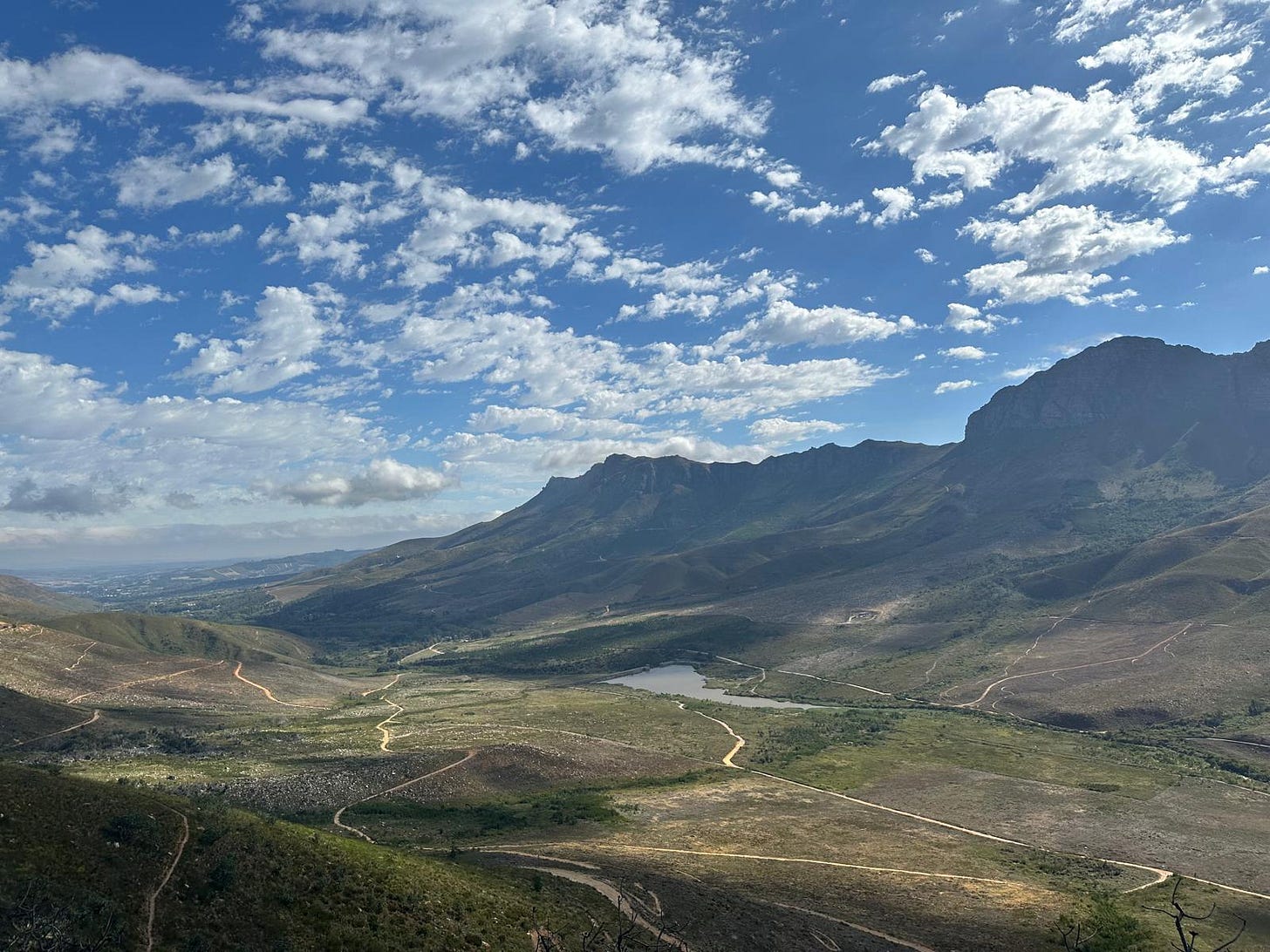
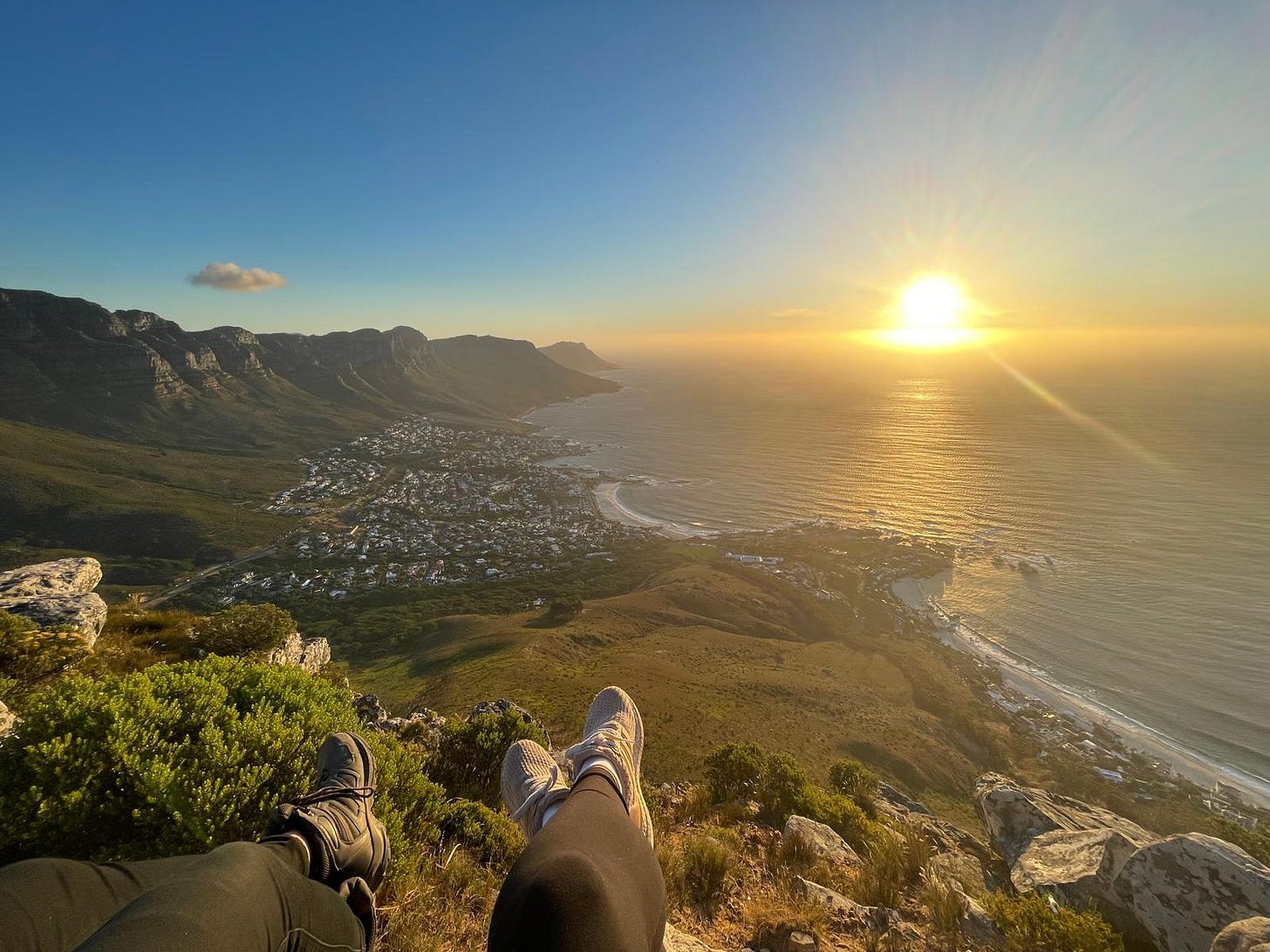
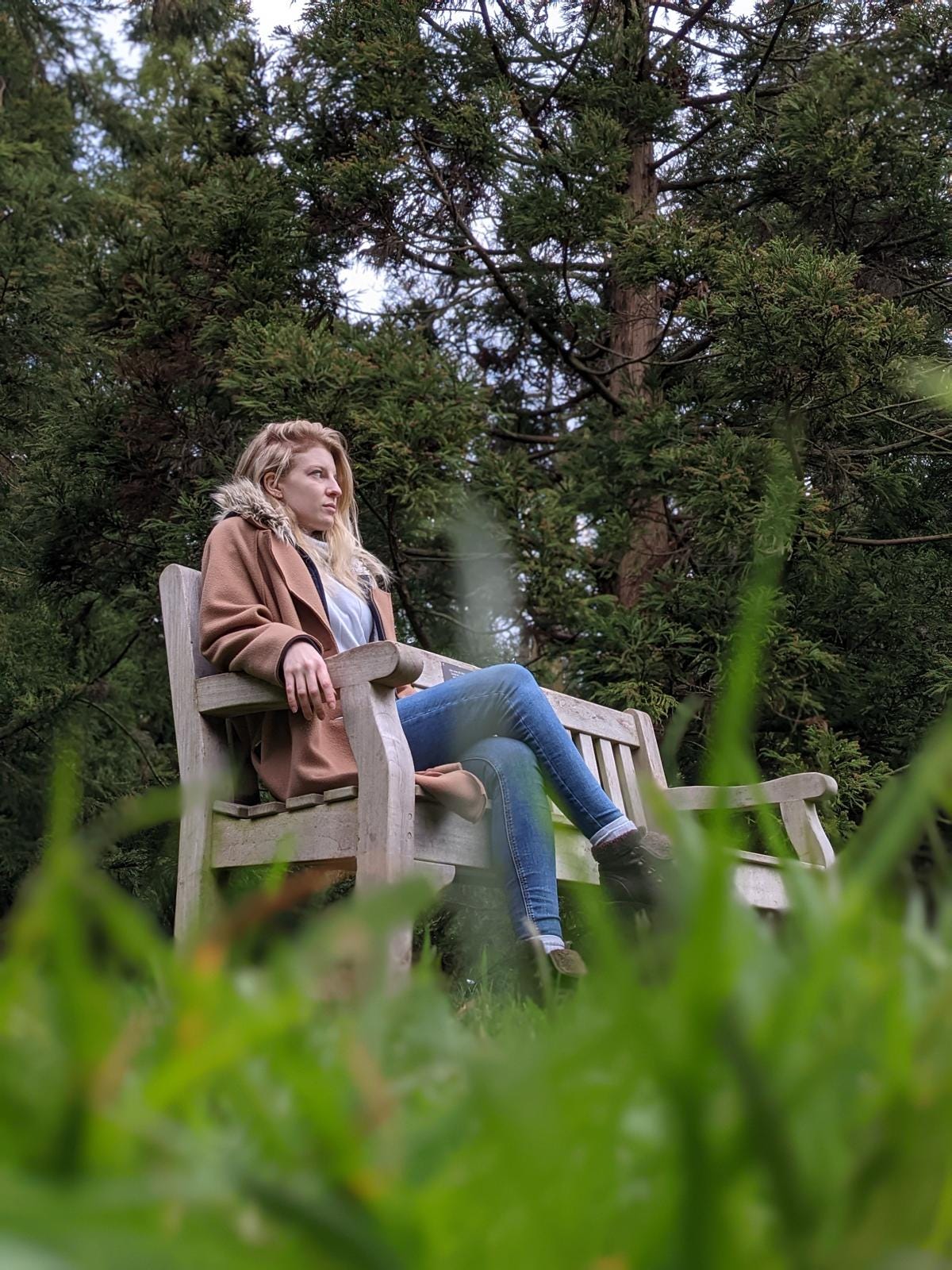
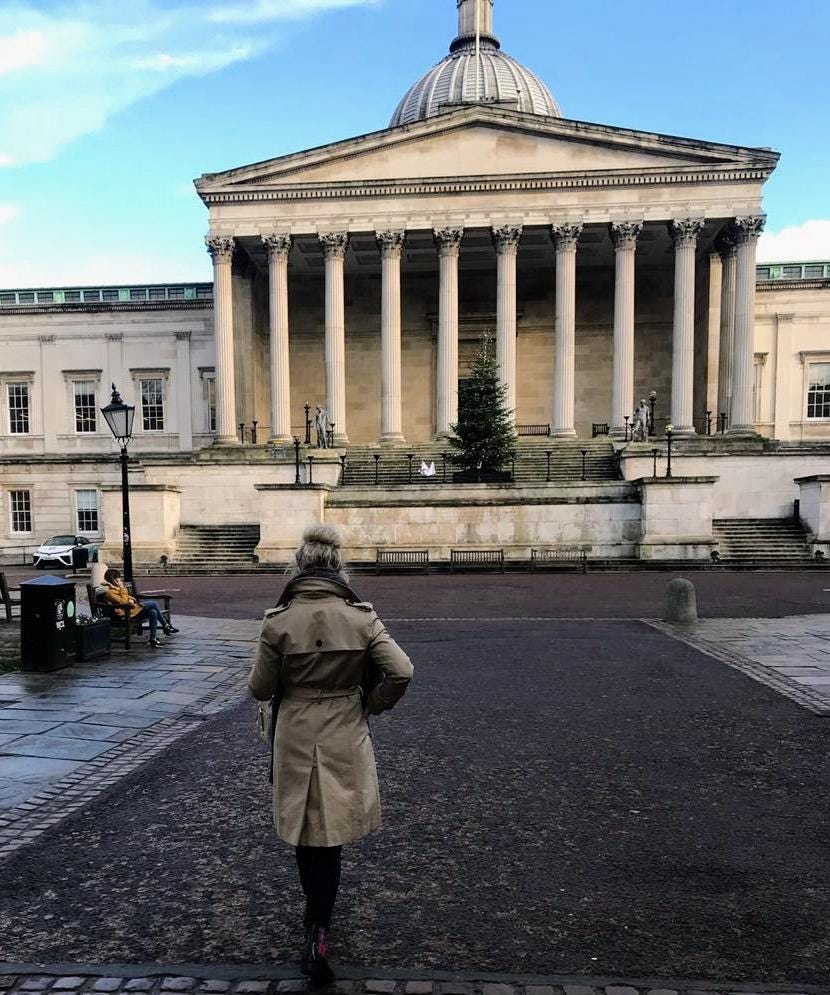
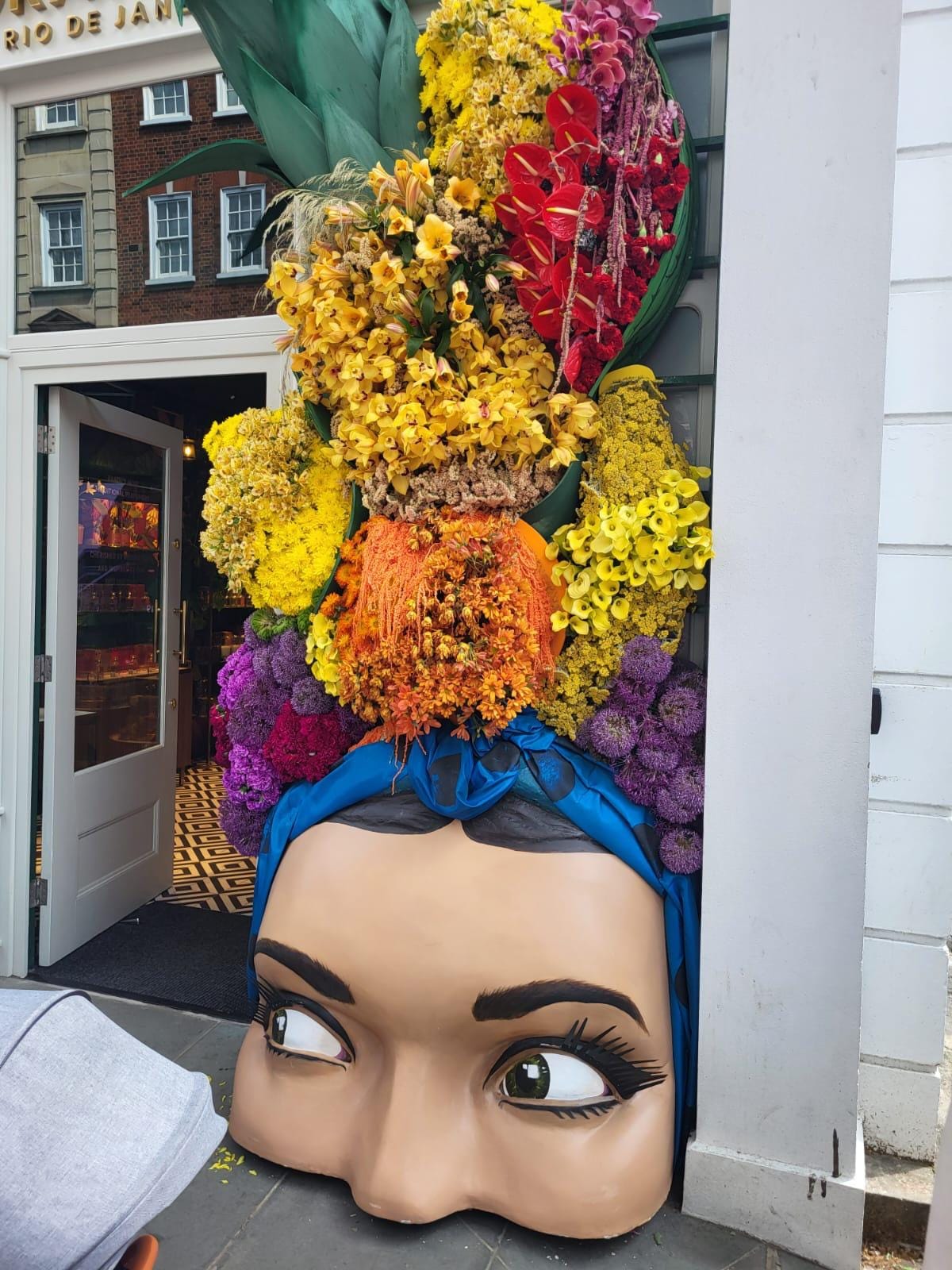

As someone who moved from India to the US a few years ago, I understand this and feel the same way. A constant struggle between sacrifice and opportunity, between what you leave behind and what you hope to get. And an Uber driver once telling me I don't "sound Indian."